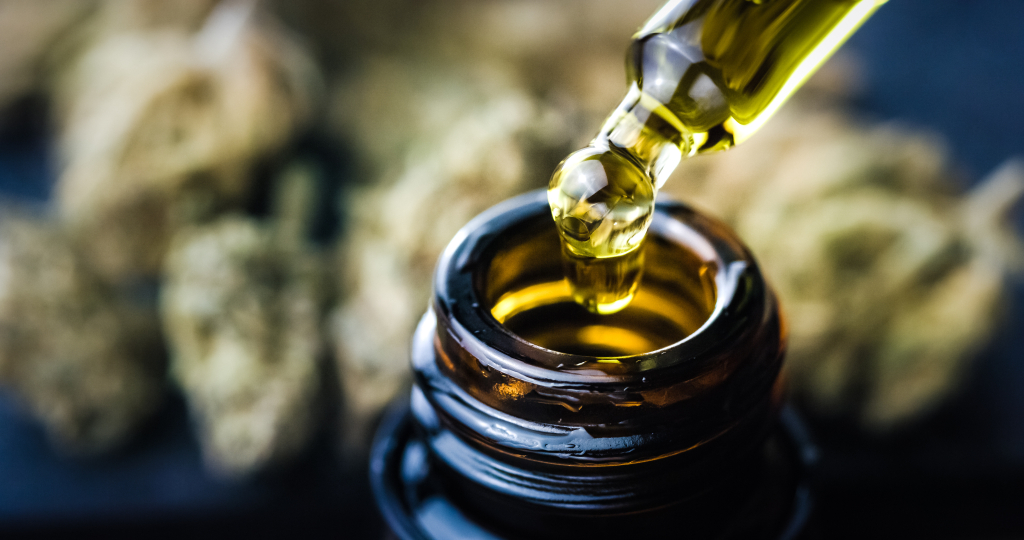
DALLAS – A new bill progressing through the Texas Senate aims to prohibit nearly all consumable products containing THC, the psychoactive compound in marijuana, in an effort to tighten regulations on items sold in convenience stores and vape shops.
Supporters of Senate Bill 3 argue that products like Delta-8 THC are essentially unregulated, exploiting a loophole in the Federal Farm Bill and the Texas Hemp Bill, which opened the door for the sale of hemp-derived THC products.
Key Details of Senate Bill 3:
On Monday, a Texas Senate committee heard testimony regarding SB3, which seeks to ban all non-medical THC products, targeting stores that currently sell what are considered illegal substances.
State Senator Charles Perry (R-Lubbock), the bill’s author, expressed frustration with the growth of the unregulated THC market. “If they are really honest with you, most of them will tell you that without THC products, they can’t be profitable, and so the gig is up,” Perry said.
Senate Bill 3 is a response to the 2018 Federal Farm Bill and the 2019 Texas Hemp Bill, which helped facilitate the growth of THC products like Delta-8. Perry criticized the misuse of these laws, stating that some manufacturers have altered Delta-8 and other compounds to create products with high THC levels, undermining the original intent of these measures, which were designed to regulate CBD.
While the bill specifically targets THC, it excludes cannabis-infused products like CBD and CBG, meaning those items would remain legal. However, SB3 would raise the legal purchasing age for CBD products to 21. The bill also introduces stricter penalties, including up to one year in jail and a $4,000 fine for possession, and even harsher consequences for manufacturers.
A Divided State:
Texas Agriculture Commissioner Sid Miller, who played a role in crafting the 2019 Hemp Bill, has expressed concerns about the impact of SB3. He worries that many small businesses—especially mom-and-pop shops—rely on the sale of THC products, and this ban could threaten their survival.
“I’m kind of torn because we never wanted recreational marijuana. And that’s basically what this is,” Miller stated. “But now, you’ve got 8,000 businesses, mostly small operations, that have invested their life savings into these ventures. We might put them out of business.”
Miller also pointed out that under current laws, the THC market is largely unregulated, leaving customers unsure about the safety and quality of the products they purchase. Additionally, some products exceed the permissible THC levels outlined by the state.
Calls for Regulation, Not a Ban:
Many smoke shop owners and industry advocates argue that instead of a blanket ban, a legal and regulated market for recreational THC products is a safer and more effective solution. Jake Garry, CEO of Drops of Life CBD and Fresh Grown Texas, supports regulation over prohibition.
“I speak on behalf of the growers, manufacturers, and consumers,” Garry said. “All SB3 will do is destroy an industry that is thriving and eliminate jobs.”
What’s Next:
SB3 must pass through the Senate committee, the full Senate, and the House before it can reach the governor’s desk for approval. In parallel, a separate bill is being considered to protect the use of medical marijuana and clarify existing regulations in that area.
As the debate over the future of THC products continues, Texas lawmakers are grappling with how to balance public safety concerns with the economic realities of a growing industry.




